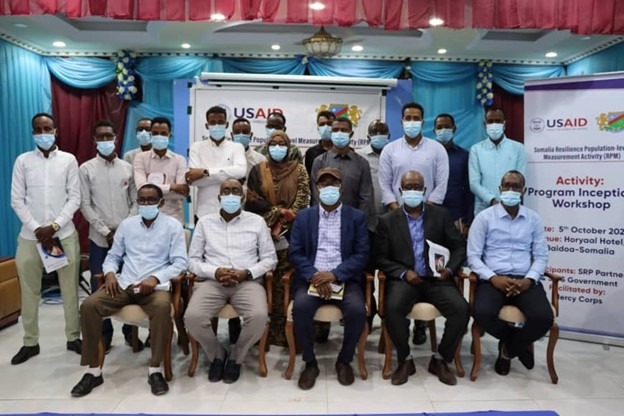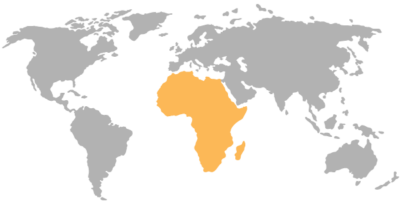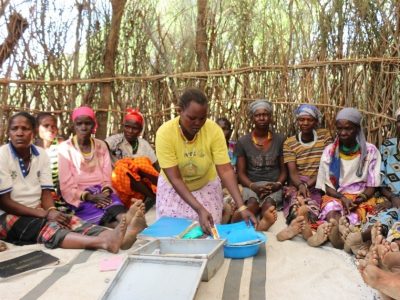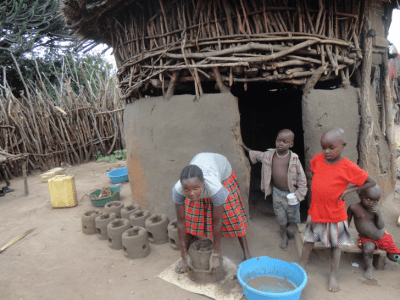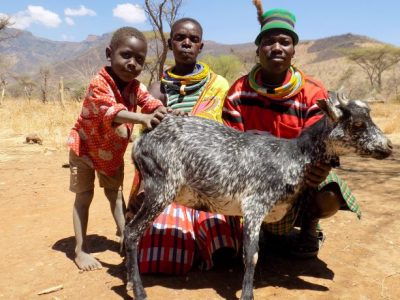The Somalia Resilience Population-Level Measurement (RPM) activity is an Associate Award under the Feed the Future Kenya Livestock Market Systems Activity, a Leader with Associates (LWA) contracting mechanism, held by ACDI/VOCA. This LWA enables USAID missions in the East Africa region to access specialized services. Learn more here.
Background Narrative
Somalia has an extensive foreign assistance footprint of humanitarian aid and development investments responding to recurrent, protracted, and new crises. High exposure to frequent shocks like drought, flooding, crop pests, and livestock disease, as well as continued outbreaks of violence related to clan-based conflict, terrorist groups like Al Shabab, and ongoing government instability, continue threatening longer-term socioeconomic gains. Aid stakeholders dispersed throughout USAID’s Somalia CDCS Focal Zone, which houses approximately one-third of Somalia’s population1, have been working to help populations cope with, adapt to, and fundamentally reverse the trends of these shocks and stresses.
The continued focus on resilience and collective impact as a point of joint interest across humanitarian (HA) and development (DA) stakeholders in contexts facing protracted conflict and humanitarian need provides an opportunity to tackle these constraints in Somalia.
Through RPM, ACDI/VOCA and sub-awardee Mercy Corps, aims to inform and improve the actions of stakeholders who are invested in the CDCS focal zone to better contribute to resilience building through two mutually reinforcing objectives. By working alongside invested stakeholders (individually and together) to enhance their demand for capacity to make meaningful use of their program data to draw relevant insights for adaptation —fed by a resilience population-level measurement system calibrated for the decision-needs of these stakeholders —RPM will help better establish and advance the use of resilience-informed learning and adaptation. This will in turn allow USAID, implementing partners, and other humanitarian and development aid stakeholders to better advance a common, more impactful resilience agenda in Somalia.
Project Objectives
- Inform and improve stakeholder activities that contribute to resilience capacities that matter most for populations in the target zone by having the ability to estimate individual contributions to collective resilience capacities and measure change in resilience through the population with an innovative mixed methods measurement system.
Project Activities and Approaches
- Using the Theory of Change, Mercy Corps maintains USAID’s two overarching objectives and proposes outcomes and outputs that are integrated, sequenced, and reinforcing
- The theory of change depends on a robust approach to defining participating stakeholders and prioritizing together their shared decision-making
- Assessing and Planning for the Political Economy and Security Context. RPM will carefully assess and consider operational security concerns and the political economy.
- Encourage sustainability and local ownership by emphasizing participatory engagement and buy-in throughout the Activity lifespan.
- Targeted real-time mixed-method analytics are developed to inform Activity-level adaptation and improvement
- Review of different methods and approaches to measuring humanitarian needs conducted
Project Leadership
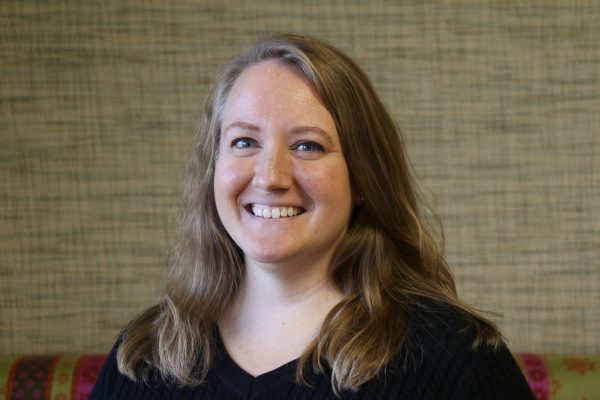
Project Director: Rebekah Arnold
rbakewicz@acdivoca.org

Project Specialist: Caitlin Weber
cweber@acdivoca.org

